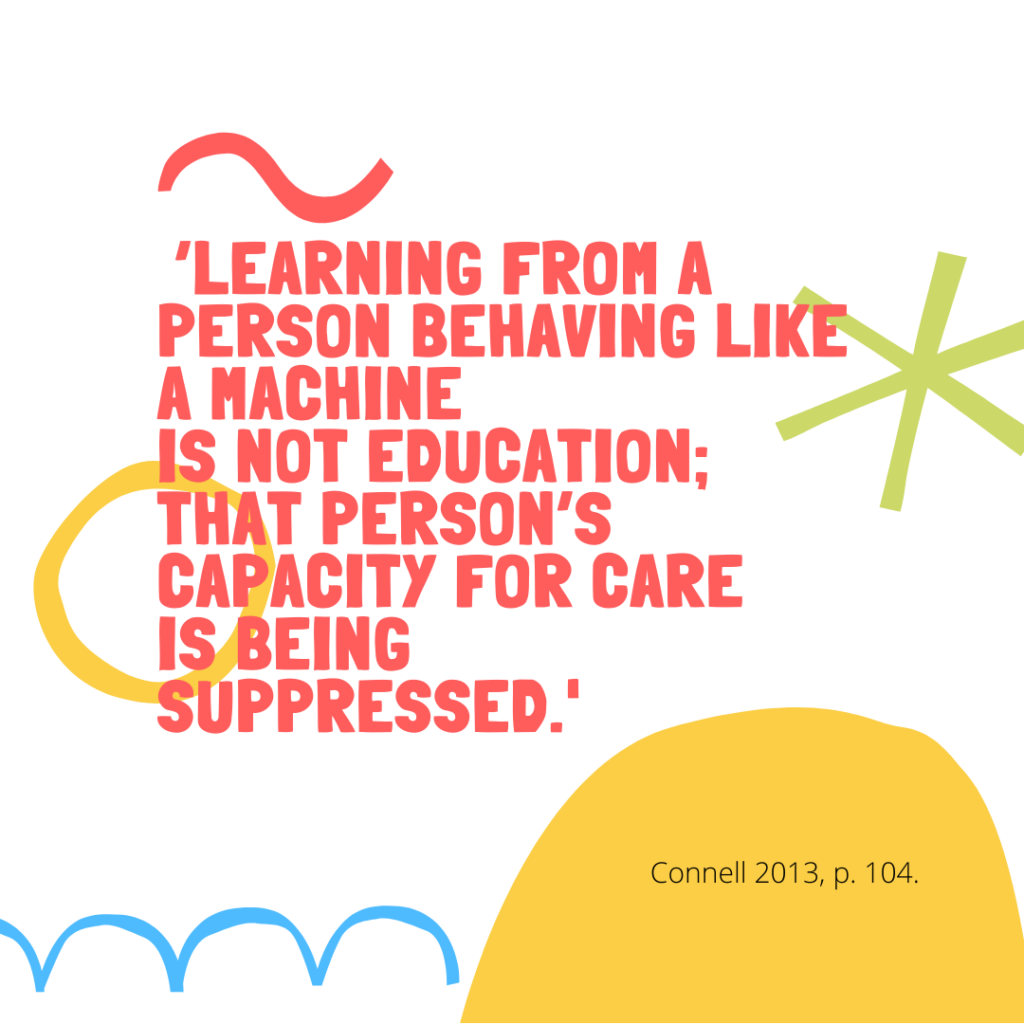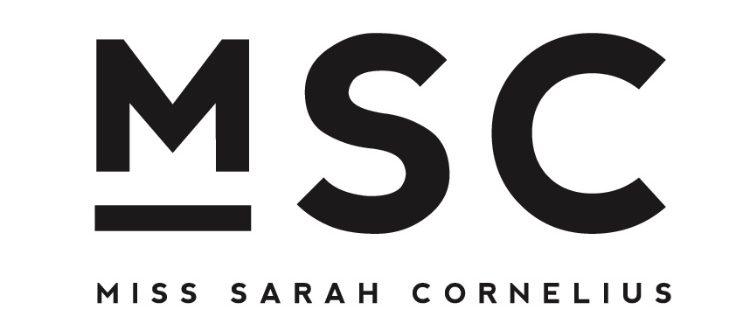I had a ‘ah-ha’ moment last year about PD and appraisals whilst studying and I want to share it with you.
So many of you may already be aware of the fancy word ‘neolibralism’ but I was not pre 2020. Ignorant? Maybe. Uneducated? Definitely. Blown away when I found out what it was? For sure. Neolibralism refers to the way in which capitalism drives decisions and resourcing, creating competition and free-markets. It has been engulfing education since the 1970’s (Connell 2013) and has lead to the purpose of education being focused on developing human capital. While this is of course important for society and so forth (maybe), it is not great for education for many reasons.

Due to this, the dominate discourse surrounding the professional development of staff has become focused on accountability and meeting imposed standards (Bills, Giles & Rogers, 2016; Connell 2013, p.107; Loh & Hu 2019). Many of us have now spent time developing knowledge and skills in areas outside of teaching and learning and while this is necessary, what should we value more? When it comes to appraisals, 63 per cent of Australian teachers report that appraisals simply fulfil administrative requirements (Organisation for Economic Co-operation and Development 2013). So what is driving professional development and appraisals at your school?
What does this approach mean for teachers?
- Fails to celebrate the professionalism and humanity of the vocation (Connell 2013; Giles 2019; Ball 2004).
- Does not meet the professional needs of teachers and leaders who are working in highly relational, complex environments.
- Does not give teachers agency over their own learning.
- Impacts teachers working conditions (Connell 2013, p. 99; Hunter 2009) and has increased the pressure placed on teachers, often leading to fatigue (Giles 2019, p. 20).
- Teachers have been forced to manage their expectations, placing importance on adding value to the experience of the students and parents while managing increased administrative tasks that measure effectiveness, which takes time way from communities learning together (Ball 2004).
- Need for schools and teachers to be ahead of the pack with the greatest and latest seems to have led to many taking an additive approach to professional development, investing in workshops that build knowledge and skills around measurable outcomes, rather than meeting the contextual needs of individuals and communities.
- Neoliberalism has led to professional development being focused on auditing performance, (Connell 2013, p. 100; Giles 2019, p. 20) often through misguided performance appraisals and the use of standardised testing.
- Appraisals have become a way of managing people and ensuring accountability (Elliott 2015, p.102; Connell 2013, p. 107; Organization for Economic Co-operation and Development 2009, p.7) rather than assisting the teacher in improving their practice, feeling purposeful and enjoying their work.
What is the answer?
- Clearly articulating values that are focus on the well-being and learning of the community.
- Allow staff to build their capacity to be relational, reflective, and transformative in an ever-changing world.
- Using an Appreciative Inquiry model which is underpinned by the implementation of relational sensibilities would enhance the appraisal process as it celebrates the individual and acknowledges their ‘way of being’ (Giles, Bills, Otero 2015).
Up for some reading?
- Lisa Darling-Hammond
- David Giles
- Raewyn Connell
